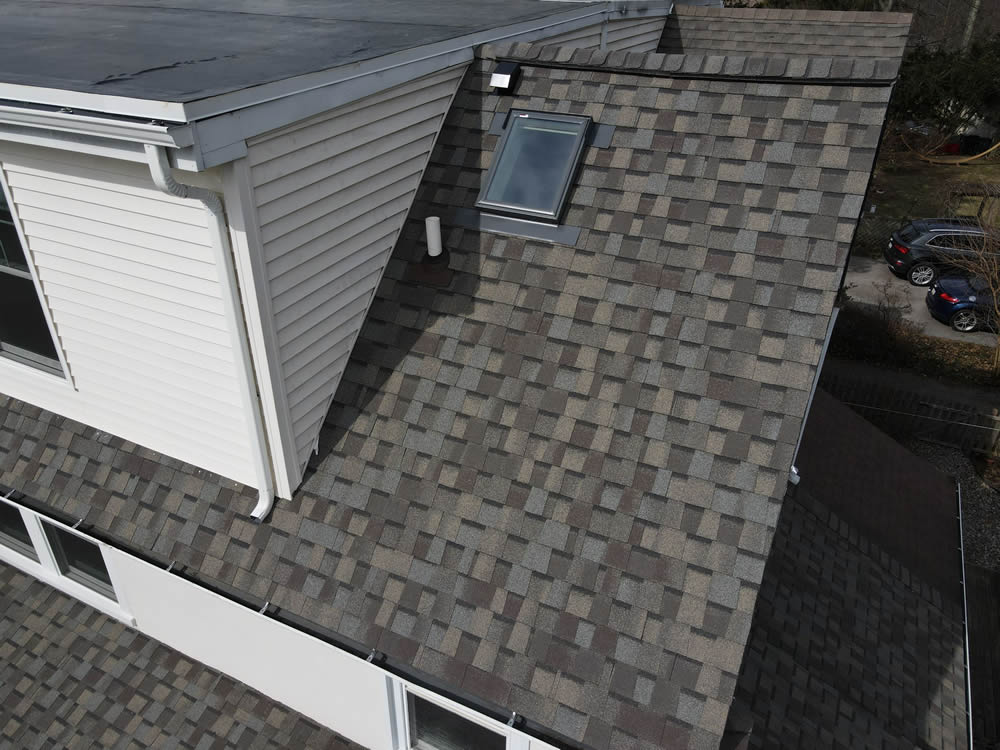The Benefits of Roof Inspections: Why Regular Check-Ups are Essential
Roofing is a critical factor in home insurance policies, especially for homeowners in Pennsylvania. Understanding how roofing impacts insurance can help homeowners make informed decisions and potentially save on premiums.

Importance of Roofing in Home Insurance
The roof is a home’s primary defense against the elements, and its condition and age are key factors in determining home insurance rates. Insurance companies require a thorough understanding of a roof’s condition to assess the risk and potential cost of future claims. Therefore, the age, condition, and materials of the roof play a significant role in insurance considerations.
Age and Condition of the Roof
The age of a roof is a critical consideration for insurance companies. Older roofs, particularly those beyond 10 years, are more prone to damage and may require more extensive repairs, leading to higher insurance rates. Conversely, newer roofs are viewed as less risky and can attract more favorable insurance premiums. The overall condition of the roof is also carefully evaluated, with well-maintained roofs often receiving lower rates.
Roofing Materials and Design
Different roofing materials have varying impacts on insurance rates. Fire-resistant or impact-resistant materials, such as metal or slate, can reduce the risk of damage from environmental factors and potentially lead to premium discounts. The type of roofing material used influences the longevity and resilience of the roof, affecting insurance considerations.
The design and shape of the roof also affect its vulnerability to damage, especially from wind. Steeper roofs, like hip or gable roofs, are less likely to incur significant damage in high-wind areas, potentially resulting in lower insurance premiums. In contrast, flat or complex roof types may be associated with higher repair costs and higher insurance rates.
Geographic Location and Weather Risks
The geographical location of a property influences the risk factors it faces, particularly in areas prone to severe weather events like hurricanes, tornadoes, or hailstorms. Insurance companies take into account the local climate and specific risks to the area when assessing the likelihood of claims and setting appropriate rates.
Incentives for Roof Maintenance and Upgrades
Insurance companies aim to promote loss mitigation and risk reduction. They encourage homeowners to maintain their roofs well, use durable materials, and perform regular inspections. Such proactive measures can minimize potential damage, leading to lower premiums for homeowners with well-maintained roofs.
Role of Homeowners Insurance in Pennsylvania
In Pennsylvania, homeowners insurance is essential for protecting personal belongings, the home, and its contents. While not mandatory under state law, mortgage lenders often require homeowners insurance as a condition of the mortgage agreement. The policy covers a wide range of items and offers protection against various risks.
Hiring a Public Adjuster
Homeowners in Pennsylvania can hire a public adjuster to negotiate an insurance claim with the insurance company. This can be beneficial in ensuring that claims are properly assessed and compensated.
In summary, Pennsylvania homeowners must be aware of how their roofing affects their home insurance policies. Factors like the roof’s age, condition, material, design, and geographic location play a significant role in determining insurance rates. Regular roof maintenance and using durable materials can lead to lower insurance premiums, while older or poorly maintained roofs might result in higher rates. Understanding these aspects can help homeowners make informed decisions about their roofing and insurance needs.

